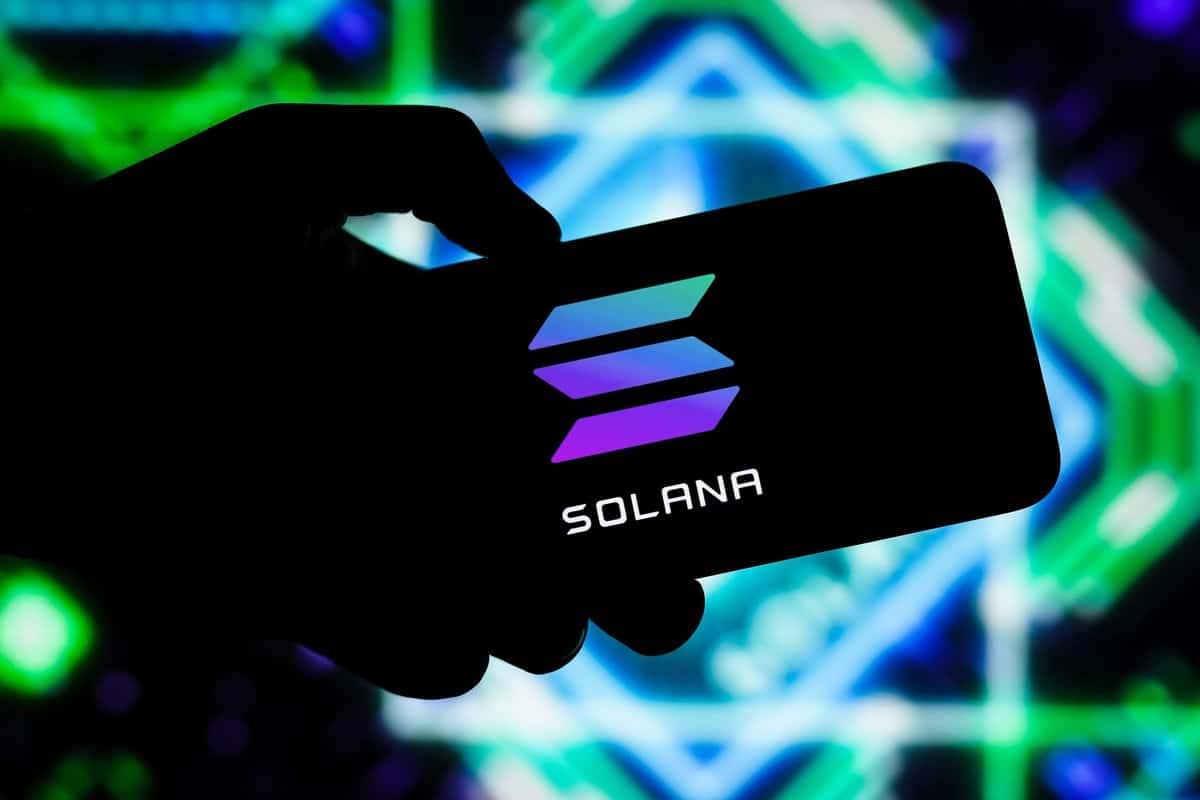What This Means for the Network?
In a bold move, Solana has expelled several validators from its delegation program due to their involvement in sandwich attacks on retail traders.
This action reflects the Solana Foundation’s commitment to ensuring network integrity and protecting users.
What Are Sandwich Attacks?
A sandwich attack, a form of Maximal Extractable Value (MEV) attack, manipulates transaction sequences to benefit malicious actors.
By placing transactions before and after a victim’s transaction, attackers secure better prices for themselves, leaving retail traders at a disadvantage. These attacks compromise transaction security, efficiency, and fairness.
Additionally, they can jeopardize network security by encouraging validators to engage in unethical practices like double-spending or transaction censorship.
Solana's Firm Stand Against Malicious Validators
The Solana Foundation has taken decisive steps against validators modifying their systems for sandwich attacks.
Tim Garcia, Solana’s validator relations lead, emphasized the ongoing nature of these enforcement actions.
Validators removed from the delegation program will no longer receive support from the Foundation, which typically delegates SOL tokens to help validators operate.
“Decisions in this matter are final. Enforcement actions are ongoing as we detect operators participating in mempools which allow sandwich attacks,” Garcia stated.
How Does This Impact the Solana Network
While expelled validators can still operate on the network, they lose the Foundation’s support.
Mert Mumtaz, co-founder of Solana RPC provider Helius, noted that these operators will no longer benefit from the delegation program, which is crucial for performance-based support.
“Most importantly, these operators can still do whatever they want; it’s a permissionless network—it just won’t be Foundation subsidized,” Mumtaz explained.
Centralization Concerns Suurounding Solana
The decision has sparked discussions about Solana’s centralization. Some community members argue that Solana’s centralization issues are more significant than they appear.
However, these concerns resurface whenever the network faces significant issues or downtime.
“Solana’s real scaling issue is trying not to expose how centralized it is while trying to protect the network from malicious attacks,” commented Mike Three on X.
Interestingly, Solana validators’ earnings from MEV have surpassed those of Ethereum. Since mid-March, MEV revenue on Solana has grown rapidly, reaching record highs. Therefore, this increase highlights the challenge of balancing validator incentives with protecting retail users.
In Conclusion
Solana’s decision to expel validators involved in sandwich attacks marks a significant step in enforcing ethical practices.
By removing support for malicious actors, the Foundation aims to maintain a fair and secure environment for all users. However, these actions also bring up ongoing concerns about the network’s centralization.
As Solana evolves, addressing these challenges will be crucial to maintaining trust and fostering a robust, decentralized ecosystem.








